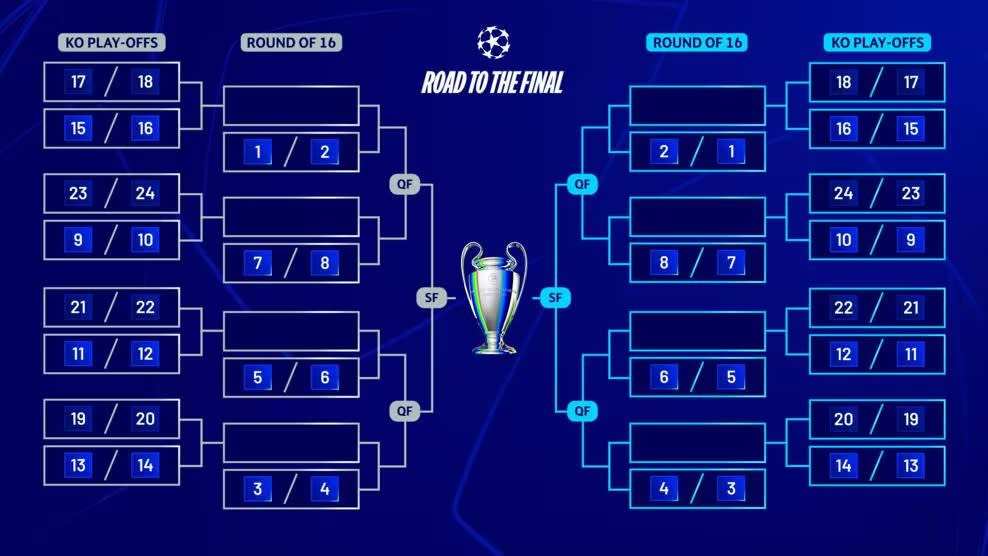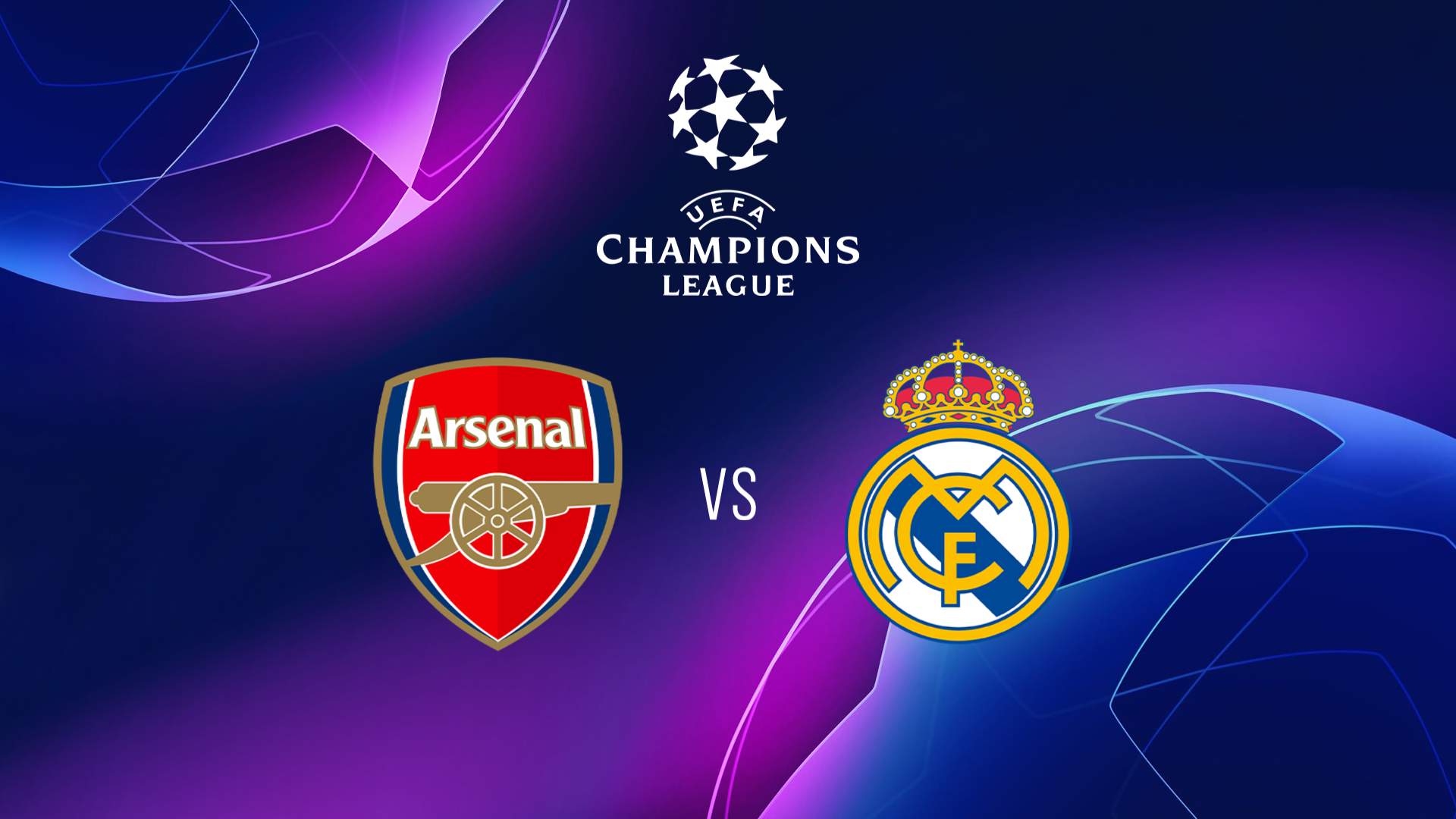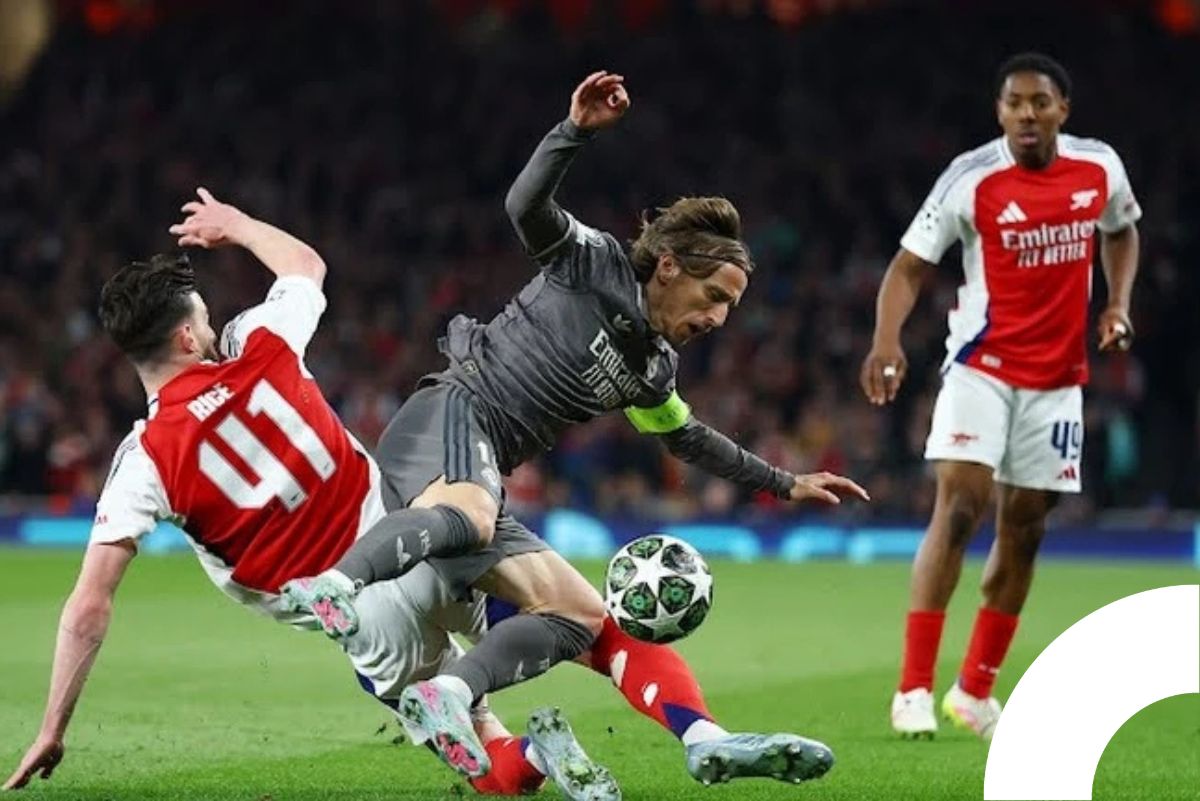In a significant update, UEFA has officially confirmed a major change to how home advantage is determined in the knockout stages of its club competitions, starting from the 2025/26 season. The change applies to the UEFA Champions League, Europa League, Conference League, and the Women’s Champions League.
Higher-ranked Teams Will Host The Second Leg
Under the new rule, the team with a higher ranking in the league phase (formerly known as the group stage) will automatically host the second leg of the knockout tie. This update marks the end of the random draw system previously used to decide which team gets the second-leg home advantage.

UEFA believes this adjustment will bring more fairness and strategic significance to the league phase, incentivizing teams to finish as high as possible in the standings.
Last season, Real Madrid, who finished 11th in the league phase, were still able to host the Champions League quarterfinal second leg against Arsenal, who had ranked third. Under the new rule, Arsenal would have earned the right to play the decisive second leg at the Emirates Stadium. A similar case occurred in the Barcelona vs. Dortmund matchup, where the draw result led to controversy over perceived unfairness.
Lower-ranked teams can inherit home advantage
Another intriguing aspect of this rule change is that the home advantage can be inherited. If a lower-ranked team defeats a higher-ranked opponent, they inherit that seeding in the next round. For instance, if Real Madrid had beaten Arsenal, they would have been treated as the No. 3 seed in the semifinals and gained second-leg home advantage once again.

According to UEFA, this change aims to increase the importance of early-stage matches, encouraging top clubs to take the league phase more seriously in order to secure a better seeding. The second-leg home advantage not only offers a competitive edge but also boosts ticket revenue, fan engagement, and the likelihood of dramatic finishes.
UEFA President Aleksander Čeferin stated that the update is part of a broader set of reforms to make European competitions more exciting, competitive, and transparent. He emphasized that this approach reduces the impact of random luck and promotes strategic planning throughout the tournament.
This new format is expected to raise the stakes in every match of the league phase, making European nights even more thrilling for fans around the world.

